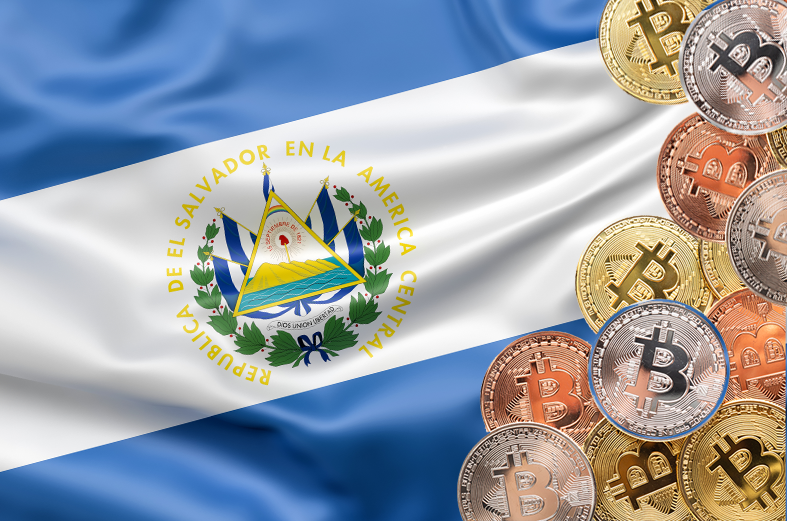Bitcoin No Longer Legal Tender in El Salvador: A Nation’s Disillusionment

Introduction
In a groundbreaking move in 2021, El Salvador made Bitcoin legal tender, attracting worldwide attention. However, recent developments suggest a shift away from this bold experiment. Bitcoin is reportedly no longer legal tender in the country, leading to widespread discussions about what went wrong. This article explores the reasons behind this decision, its impact on El Salvador’s economy, and the lessons learned from this ambitious initiative.
The Initial Promise of Bitcoin in El Salvador
A Visionary Experiment
When El Salvador adopted Bitcoin as legal tender, President Nayib Bukele presented it as a revolutionary step toward economic modernization. The move aimed to:
- Increase financial inclusion in a country where 70% of the population lacked access to traditional banking systems.
- Attract foreign investment by positioning El Salvador as a hub for cryptocurrency innovation.
- Reduce remittance fees, a critical factor as remittances make up nearly 20% of the nation’s GDP.
Early Optimism
The Bitcoin Law was passed alongside government initiatives like the Chivo Wallet and the installation of Bitcoin ATMs. International crypto enthusiasts hailed the move as visionary. However, underlying issues soon surfaced.
Challenges Faced During Bitcoin Adoption
Lack of Adoption Among Citizens
Despite government efforts, Bitcoin failed to gain traction among the majority of Salvadorans. A 2022 survey revealed that only 20% of the population actively used Bitcoin. Many cited concerns about volatility, lack of understanding, and mistrust in the technology.
Economic Volatility
Bitcoin’s price fluctuations posed significant challenges. During the 2022 cryptocurrency market crash, El Salvador faced substantial losses, estimated at tens of millions of dollars. This raised questions about the government’s fiscal responsibility.
International Criticism
Global financial institutions like the International Monetary Fund (IMF) criticized El Salvador’s Bitcoin adoption, warning of risks to financial stability. The country’s credit rating also suffered, complicating access to international loans.
Why Bitcoin is No Longer Legal Tender
Shifting Priorities
Reports indicate that the government has quietly backed away from promoting Bitcoin as legal tender. Instead, focus has shifted to more traditional economic strategies and infrastructure development.
Public Disillusionment
The average Salvadoran saw little benefit from the Bitcoin experiment. High volatility, limited merchant adoption, and a lack of tangible economic improvement led to growing disillusionment.
Political and Economic Pressures
Under increasing economic and political pressures, the government may have deemed it prudent to retreat from its Bitcoin agenda to stabilize the economy and address urgent domestic concerns.
Impact on El Salvador’s Economy
Reduced Financial Risk
Abandoning Bitcoin as legal tender could reduce fiscal risks associated with its price volatility, stabilizing the national budget.
Damage to Credibility
The retreat has likely harmed El Salvador’s credibility as an innovator in cryptocurrency. However, it could restore confidence among international investors and financial institutions.
Lessons Learned from El Salvador’s Bitcoin Experiment
Caution in Cryptocurrency Adoption
The experiment highlights the risks of adopting volatile cryptocurrencies as legal tender, especially for developing economies.
Need for Public Buy-In
For such initiatives to succeed, governments must ensure widespread public understanding and acceptance.
Balanced Approach to Innovation
While innovation is essential, it must be balanced with pragmatic economic strategies to avoid jeopardizing national stability.
External Links for Further Reading
- The Guardian: Bitcoin’s rocky road in El Salvador
- Forbes: Why Bitcoin adoption in El Salvador stalled
- IMF’s warning about El Salvador’s Bitcoin policy
Conclusion
El Salvador’s bold Bitcoin experiment was both groundbreaking and cautionary. While the vision was ambitious, the practical challenges proved too significant. The decision to step back from Bitcoin as legal tender reflects the complexities of integrating cryptocurrencies into national economies. This experience serves as a lesson for other nations considering similar paths—proceed with caution and ensure public and institutional support.




